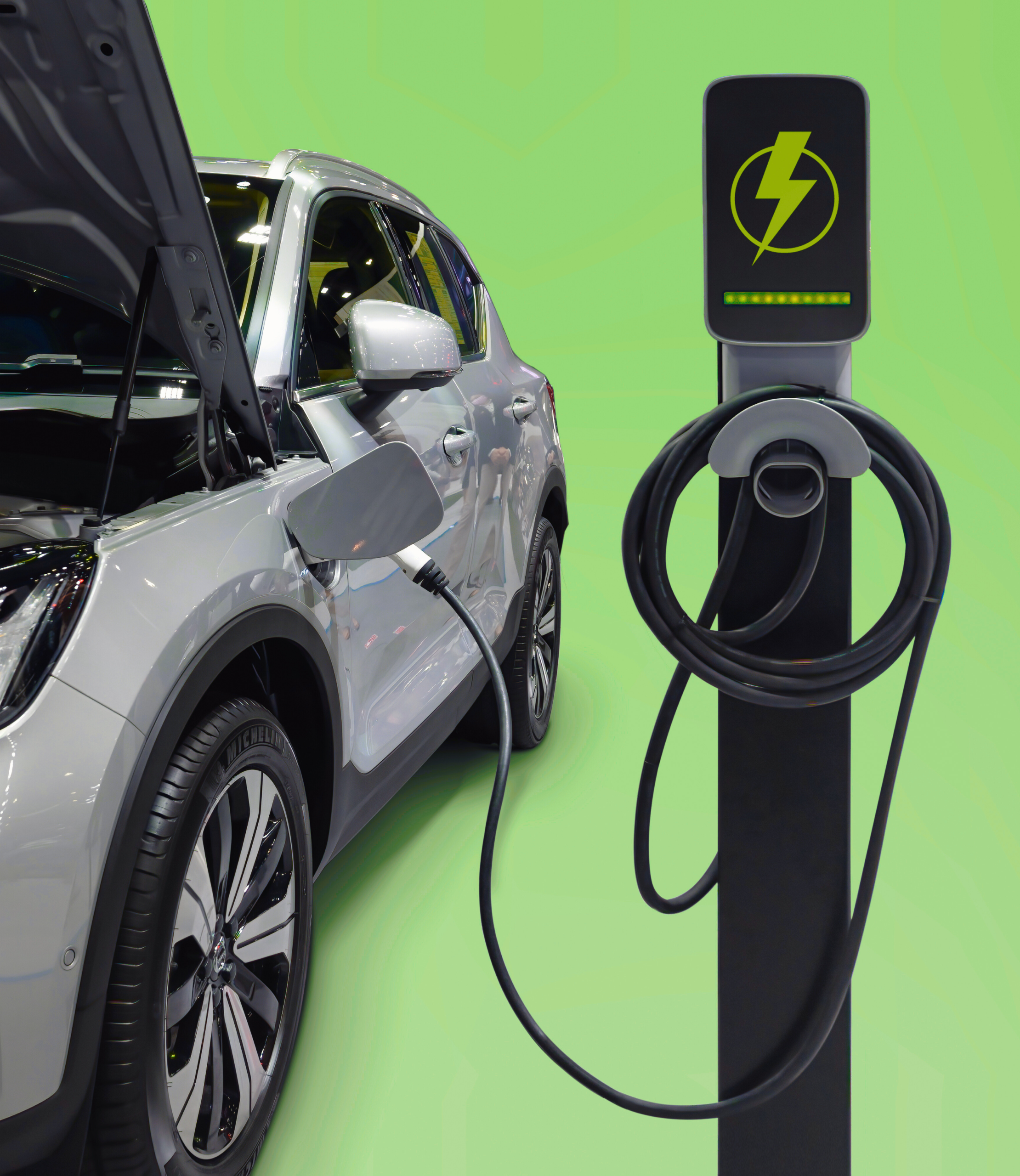Net Zero or Battery Overflow? Why the EV Future Needs Urgent Rethinking

As the UK races toward its 2035 deadline to completely phase out new petrol and diesel cars, the electric vehicle (EV) market is at a tipping point. The latest figures from the Society of Motor Manufacturers and Traders (SMMT) show progress, with zero-emission vehicles hitting a record 3.4% market share and over 250,000 EVs registered in 2025 so far.
But while much of the national conversation focuses on EV sales and infrastructure, a critical question often gets overlooked:
What happens to the millions of EV batteries at the end of their life?
At Recyclus Group, this is the question we’re actively solving.EV Growth = Battery Waste Surge
The SMMT’s data makes one thing clear: EV adoption is no longer emerging, it’s accelerating. With a projected 23.8% market share for EVs by the end of 2025 (just shy of the 28% government target), and used EVs gaining ground, we are entering a new phase where the volume of batteries reaching end-of-life will rise exponentially.
This isn’t just about quantity, it’s also about safety, circularity, and strategic resource recovery.
Recyclus: Powering the Circular Battery Economy
As a UK-based lithium-ion battery recycling specialist, Recyclus works closely with the automotive industry, manufacturers, and logistics providers to handle the safe, compliant, and efficient processing of end-of-life, damaged, or defective EV batteries.
We are part of the solution that enables:
- Net Zero: By recovering and reusing critical materials like lithium, cobalt, nickel, and manganese, we reduce the need for virgin mining, cutting CO₂ emissions, and supporting national climate goals.
- Circularity: Our technology enables the return of valuable metals back into the UK supply chain, contributing to the EU’s and UK’s ambitions for minimum recycled content in batteries (30% for lithium and 20% for cobalt by 2031 under new EU regulation).
- National Resilience: By creating domestic battery recycling infrastructure, we help reduce the UK’s dependence on overseas supply chains, especially in a market currently dominated by China.
Growing EV Supply = Growing End-of-Life Demand
The emerging used EV market, celebrated by SMMT as a sign of maturing demand, is a precursor to the next recycling wave. As vehicles transition into second and third ownership, battery degradation accelerates, increasing the volume of packs requiring repair, repurposing, or full material recovery.
And let’s not forget the mandated end of internal combustion engine sales by 2035, a policy that will further supercharge EV production and inevitably, battery waste.
Recyclus is already well-positioned for this. Our LiBatt facility is engineered to scale alongside the industry, handling increasing volumes of complex battery chemistries while ensuring full environmental compliance.
Infrastructure Is Only Half the Story
While much attention, rightly, goes to charging infrastructure and grid readiness, we must remember: EVs don’t just plug in, they also wear out.
The SMMT’s call for investment in grid connections and charging rollout is vital. But a truly resilient EV transition also requires equal investment in end-of-life battery infrastructure. That’s where Recyclus steps in, offering the back-end support that makes the front-end promise of a cleaner future possible.
A Greener Road Ahead
The automotive sector is clearly on the move, but to fully realise our zero-emission ambitions, the UK must deliver certainty not only in incentives and infrastructure, but in the systems that handle what’s left behind.
If you’re in the automotive, energy, or battery value chain and want to partner on circular battery solutions, contact us to learn how Recyclus can support your sustainability goals.
